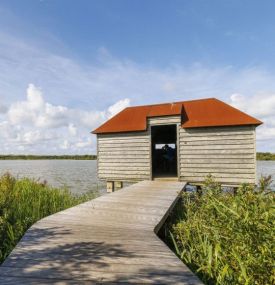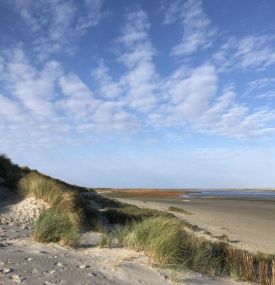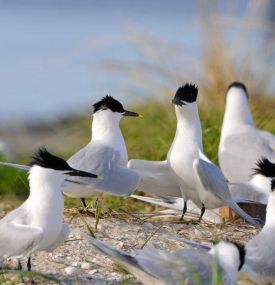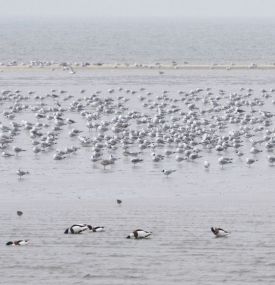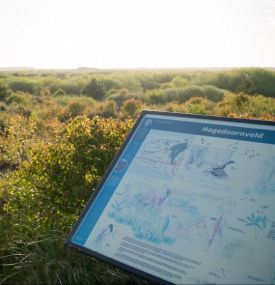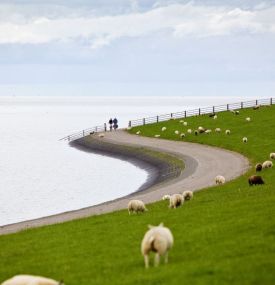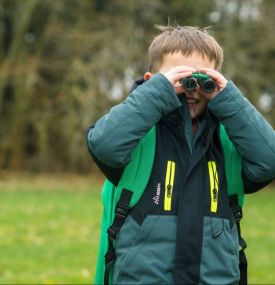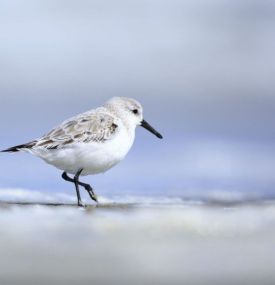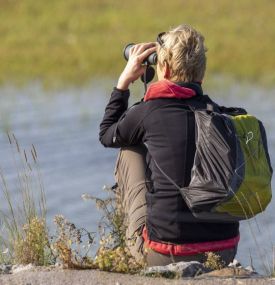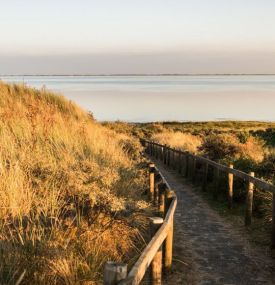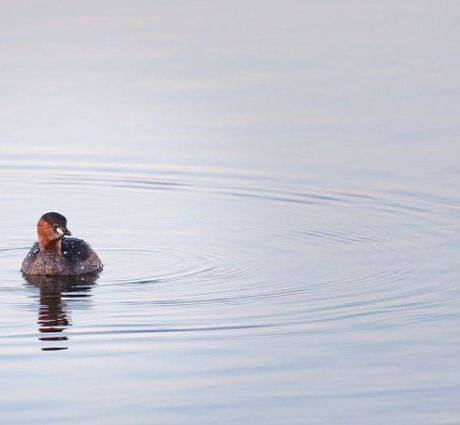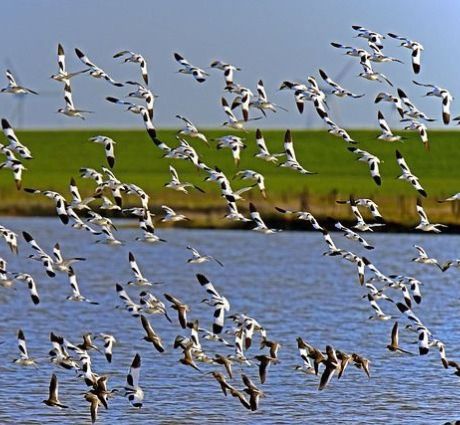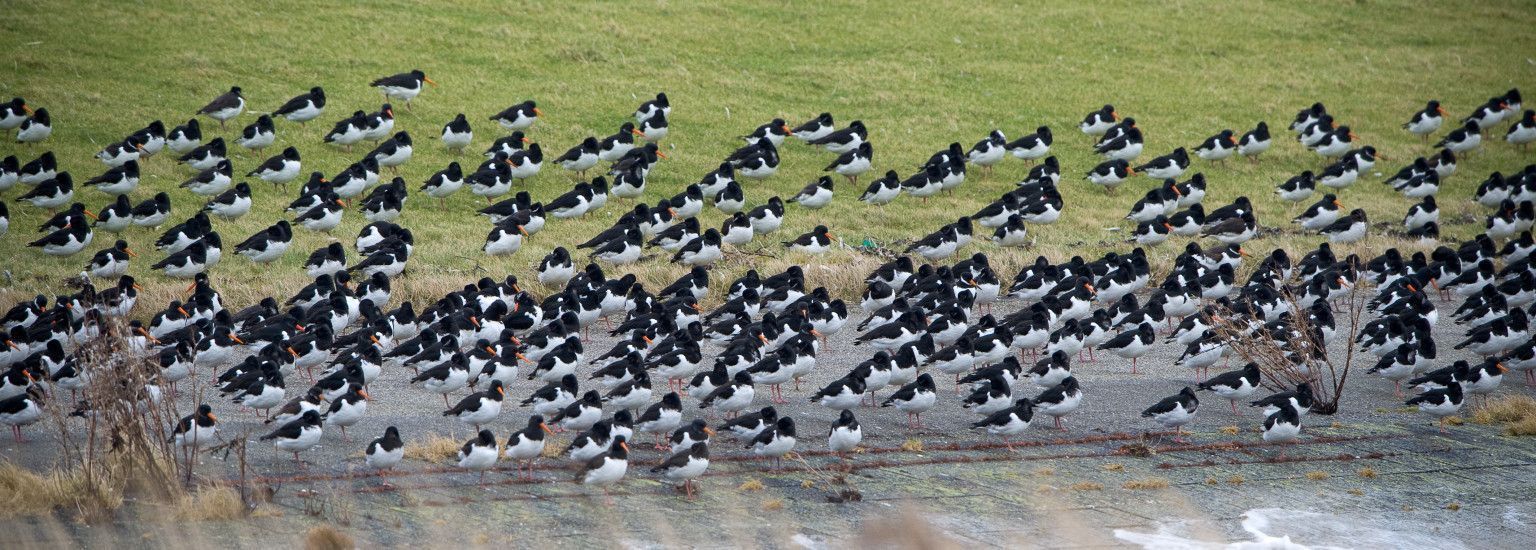
Birds on Ameland
The binoculars around your neck, your ears pricked up. Birdwatching on Ameland is coming home with lots of new tick marks in your bird book.
Tree pipits, chiffchaffs, nightingales, summer thrushes. Less common leafcrakes and fire-breasted goldcrests can also be found on the Wadden Island. These are just a tiny sample of the list of birds to spot. And not only the small flyers find their way to the Dutch island, also buzzards, long-eared owls or sparrow hawks find a good stay here.
Crucial refuge
Ameland, with its diverse landscapes and unique location, acts as a crucial refuge and breeding ground for an impressive variety of bird species. Ameland lies on the migration routes of many species. During migration periods, both in spring and autumn, migratory birds use the island and the Wadden Sea as a stopover to rest and forage before continuing their journey.
An important way station en route to the warm south. This is because the birds' long journey takes a lot of energy, and Ameland and the Wadden Sea provide the birds with everything they need to pause, hibernate or breed. The Wadden Sea's responsibility for the survival of migratory birds on a global scale has helped to ensure that the Wadden area is now part of the UNESCO World Heritage List.
The 10 most beautiful birdwatching spots on Ameland
Look further, see more
From dunes to dike – Ameland is full of spots where the view is just that little bit more special. Enjoy the vast landscape, the North Sea and/or the Wadden Sea, and perhaps even a hunting bird of prey in the distance. From these viewpoints, you’ll see the island at its very best.
Wadden Sea as a Food Source
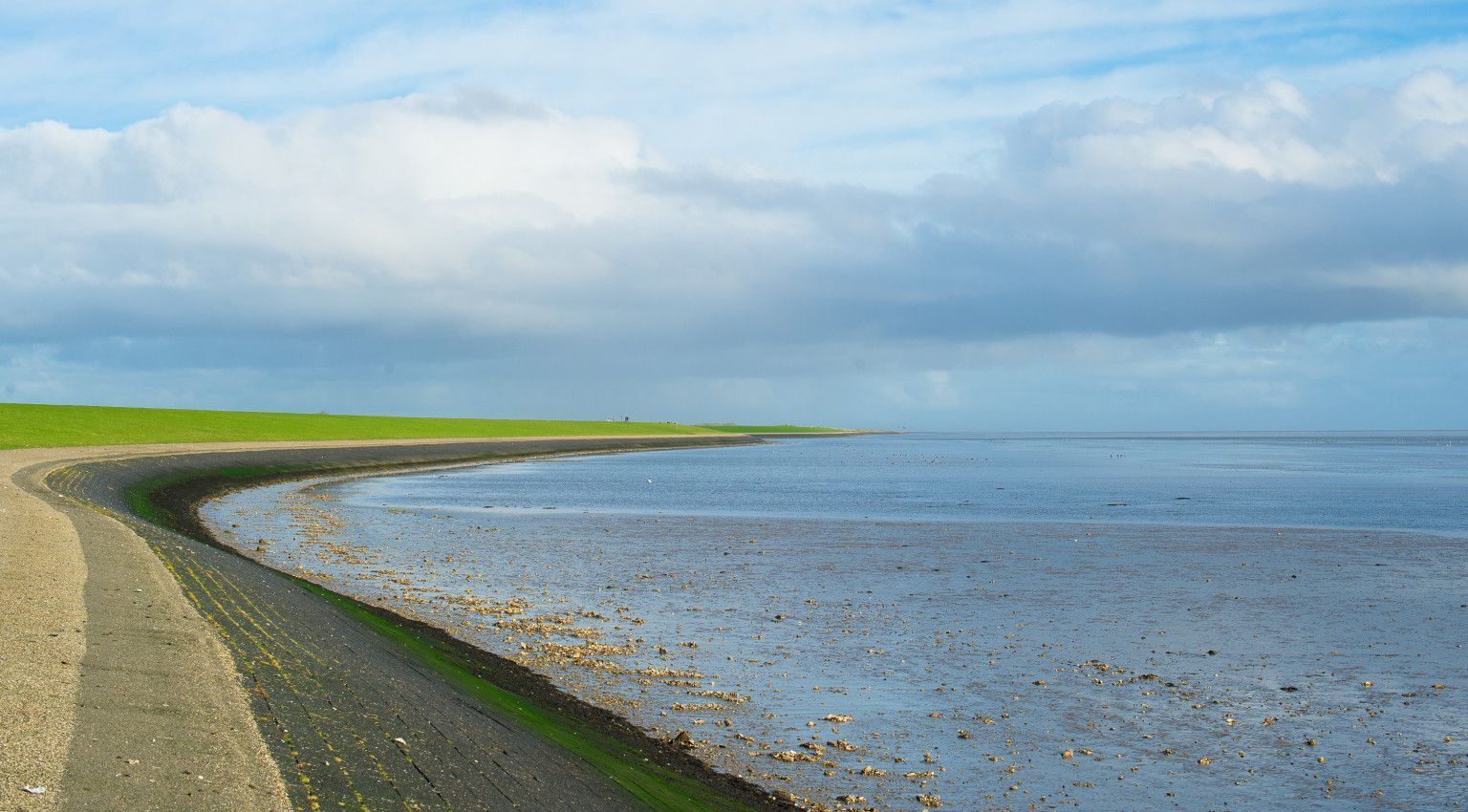
Shorebirds on Ameland
The tidal area of the Wadden Sea plays an important role in attracting shorebirds to Ameland. At low tide, mudflats are exposed, making available an abundance of fish, crustaceans and other marine invertebrates. This phenomenon attracts waders and other shorebirds that feast on the abundant food.
Tides, both on the mudflats and in the water, create a huge food reservoir for 600 to 1,000 birds per square kilometre: plankton, algae, algae, various types of juvenile fish, shrimps, worms and shellfish can be found here.
Bird spotting periods
There are always birds to see on Ameland. Yet there are periods in the year when you can spot even more birds than usual.
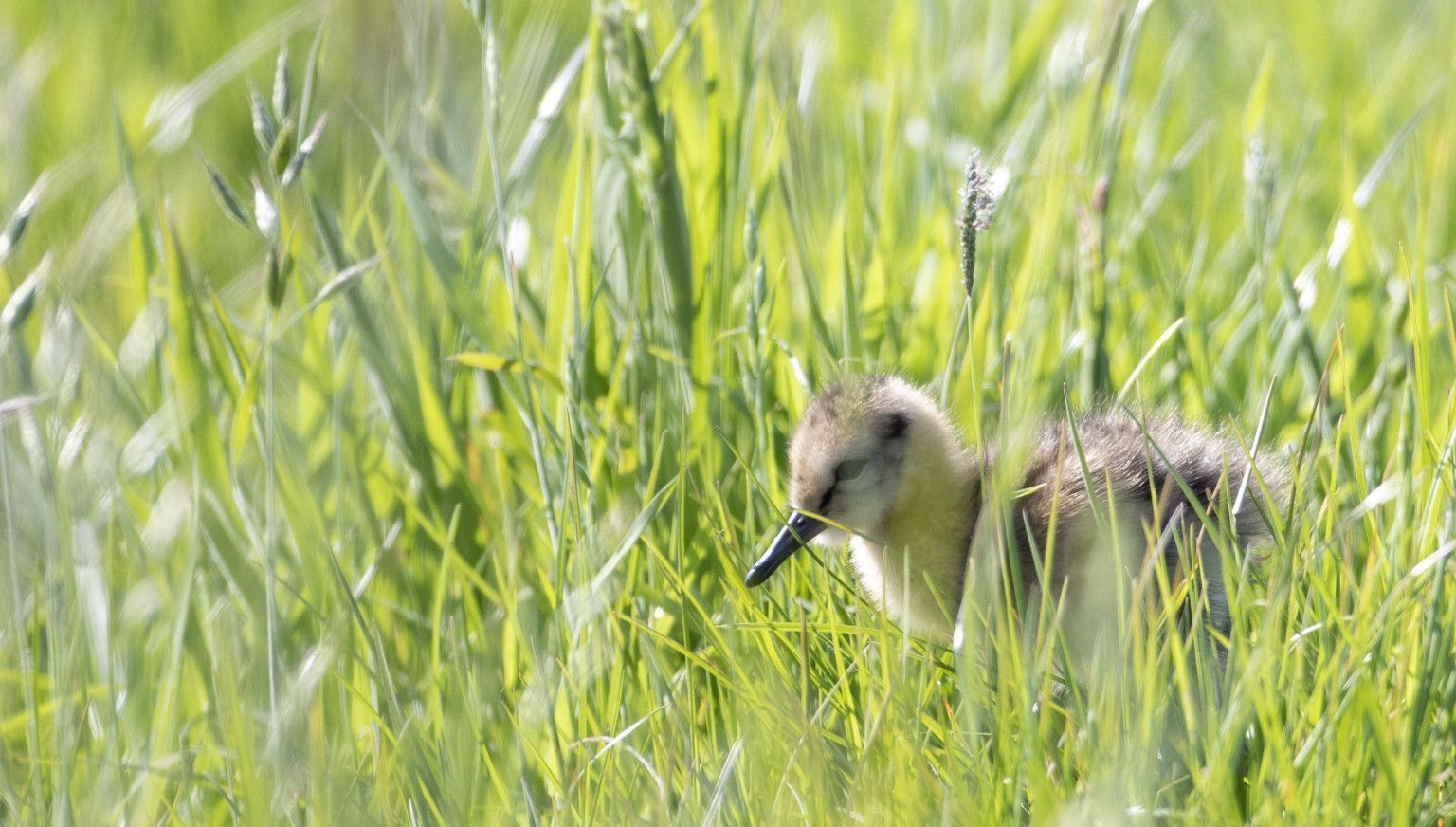
Spring
March - May
This season is ideal as many migratory birds return to their breeding grounds. You can see different species of songbirds, waterfowl and raptors.
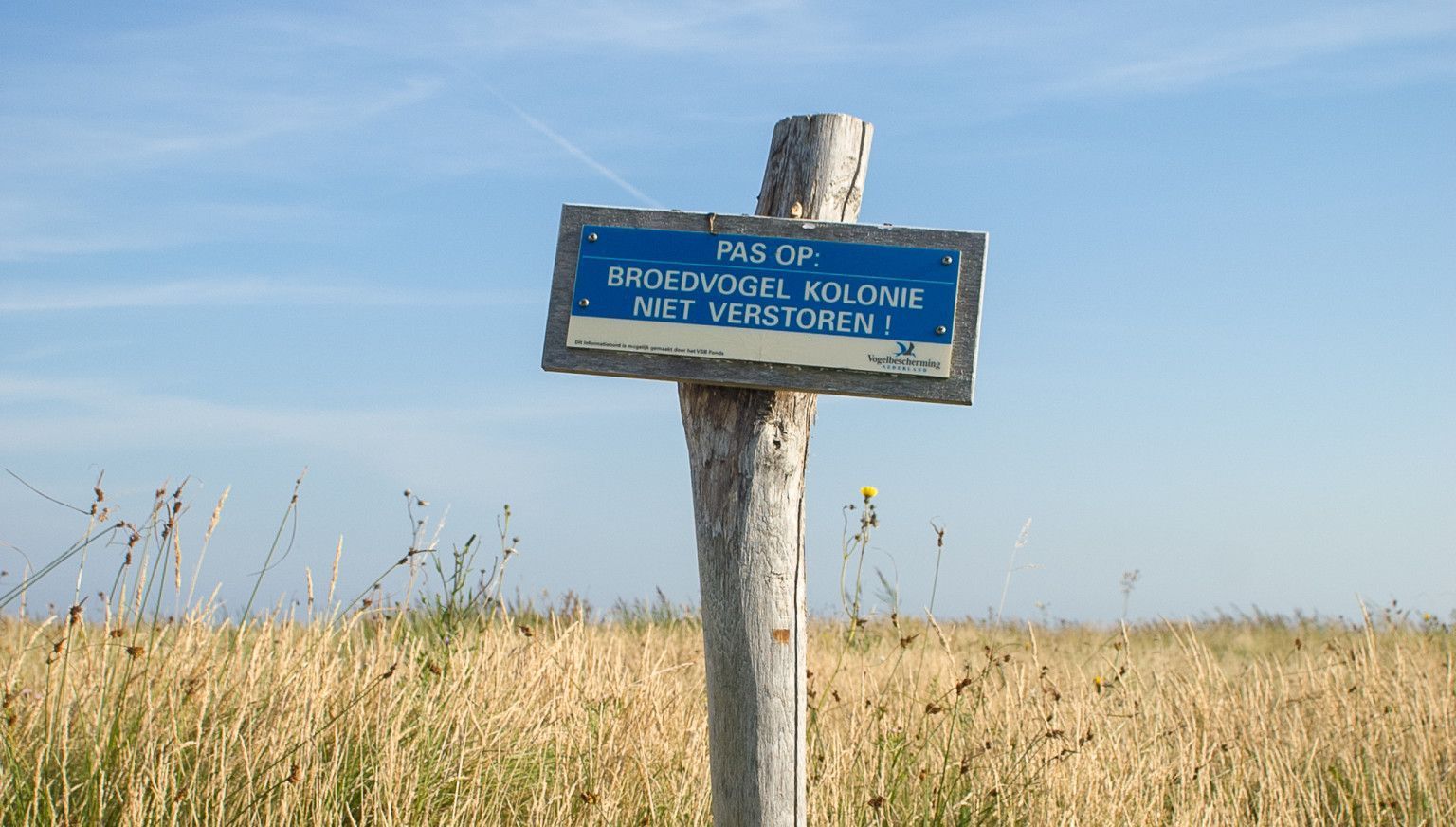
Summer
June - August
This is the breeding season, which means you can see many birds raising their young. Beach and shore birds are often active.
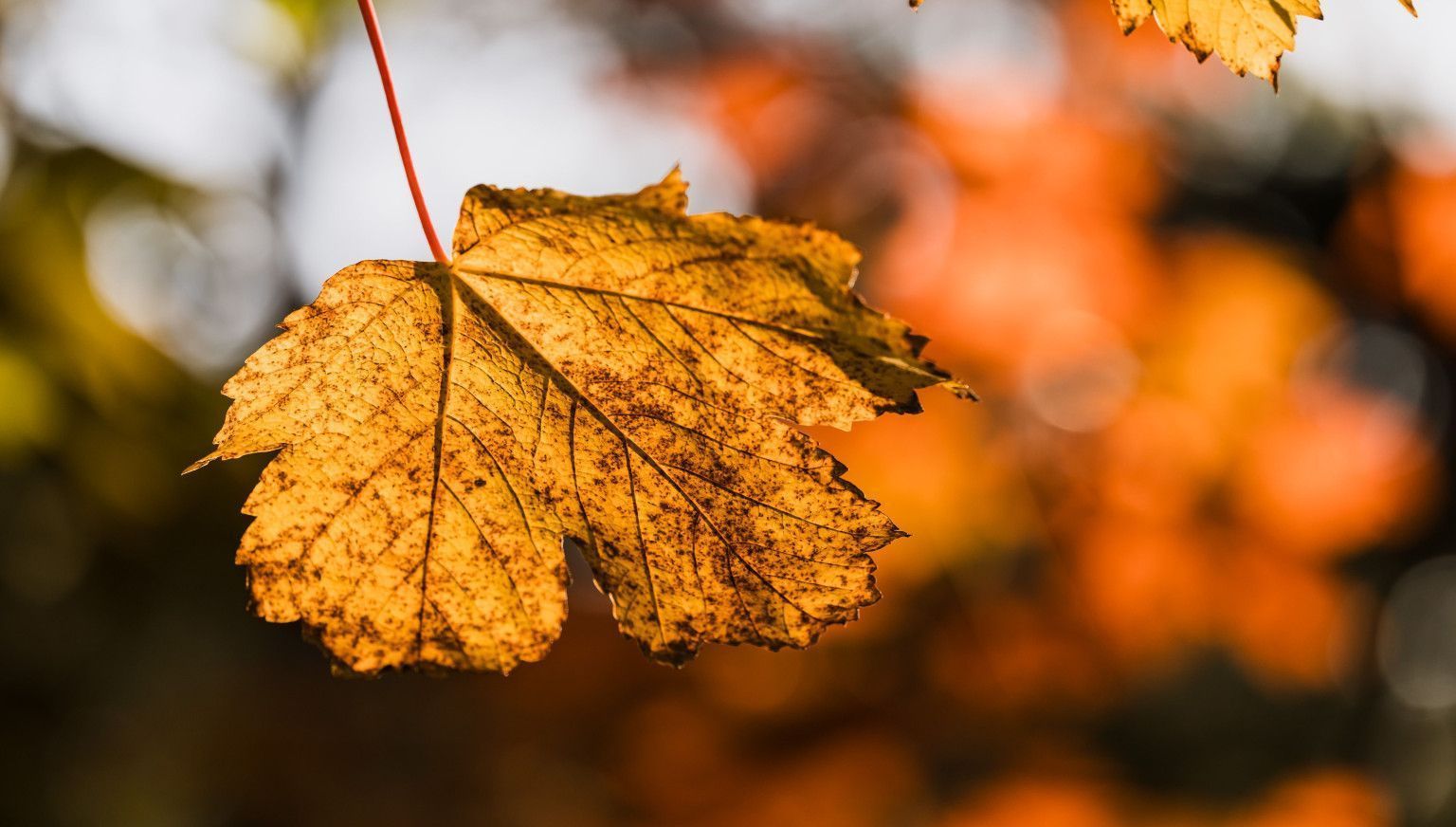
Autumn
September - November
Like spring, autumn is a time of migratory birds. Birds migrate south and you can see large flocks of waders and waterfowl.
Breeding season
The dunes, marshes and woods on Ameland provide the perfect setting for birds to build nests and raise their young. The breeding season on Ameland is a period of activity and vitality.
For many different bird species, the breeding season takes place between 15 March and 15 July. Well, that's how we see it. The birds themselves have their own schedule. The breeding season for birds varies by bird species and by year. For instance, the grey heron and the tawny owl are early birds, while marsh birds and water birds breed somewhat later. Throughout the breeding period, nests and eggs are protected by law, from the first twig to the last fledgling.
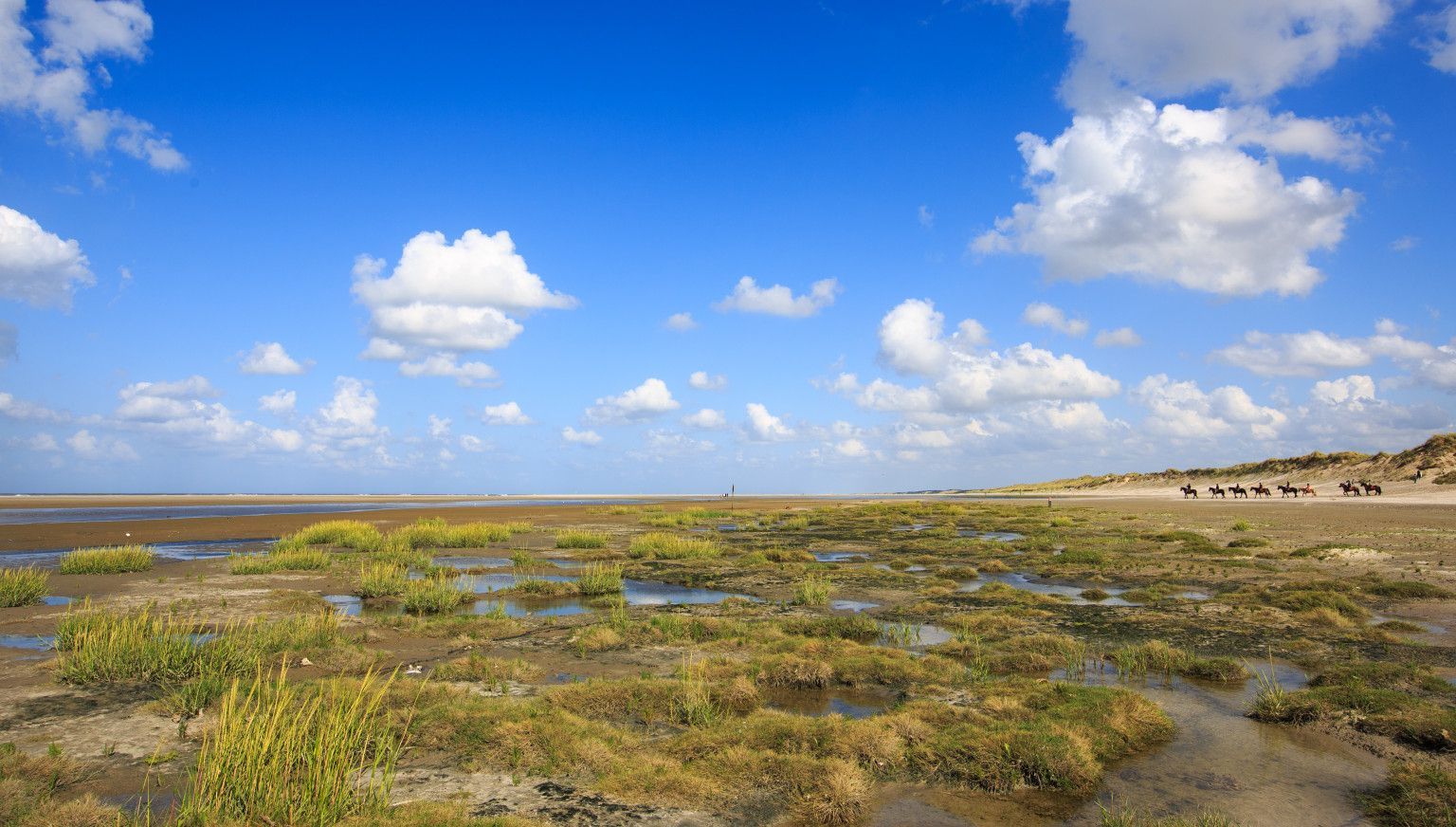
Shorebirds
The beach is the breeding ground of beach-breeding birds. Beach nesters are birds that choose the beach to make their nest and raise their young.
On Ameland, they are mainly the:
- Great Ringed Plover
- Kentish plover
- Little tern
They are among the rarest and most vulnerable breeding birds in our country. They are small birds, adapted to life on the beach.
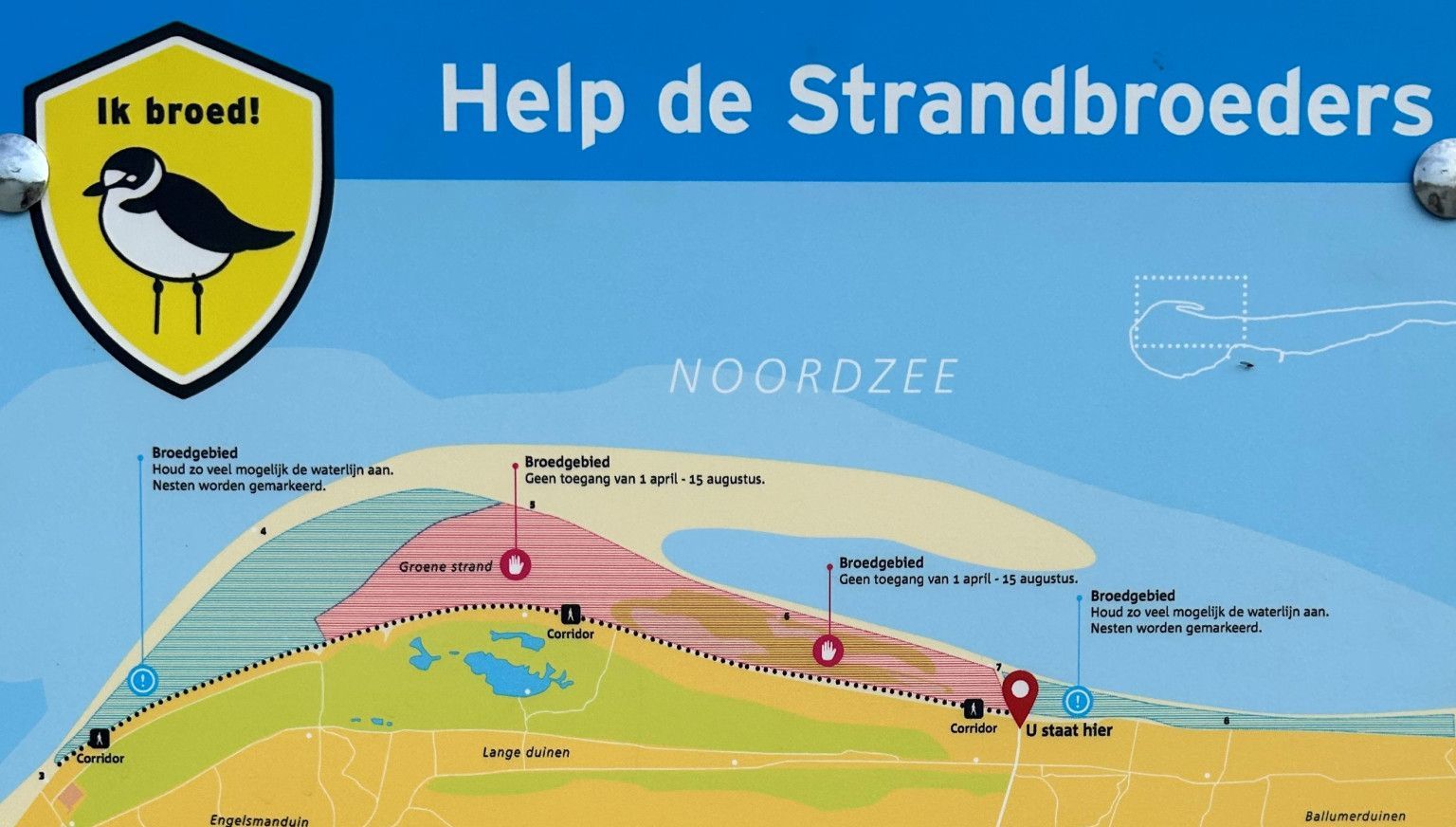
Green beach
Ameland's Green Beach is especially important for the beach plover. Currently, there are only a few dozen breeding pairs left in the Wadden area. Ameland is by far the most popular breeding site. These birds are vulnerable, to protect them nests are marked from 1 April - 15 August and some parts of the Green beach are not accessible during breeding season.
Please help these vulnerable birds and their young through the breeding season. Keep your distance and do not approach nests. Keep dogs on a leash. This way, enjoy the beach without disturbing birds.
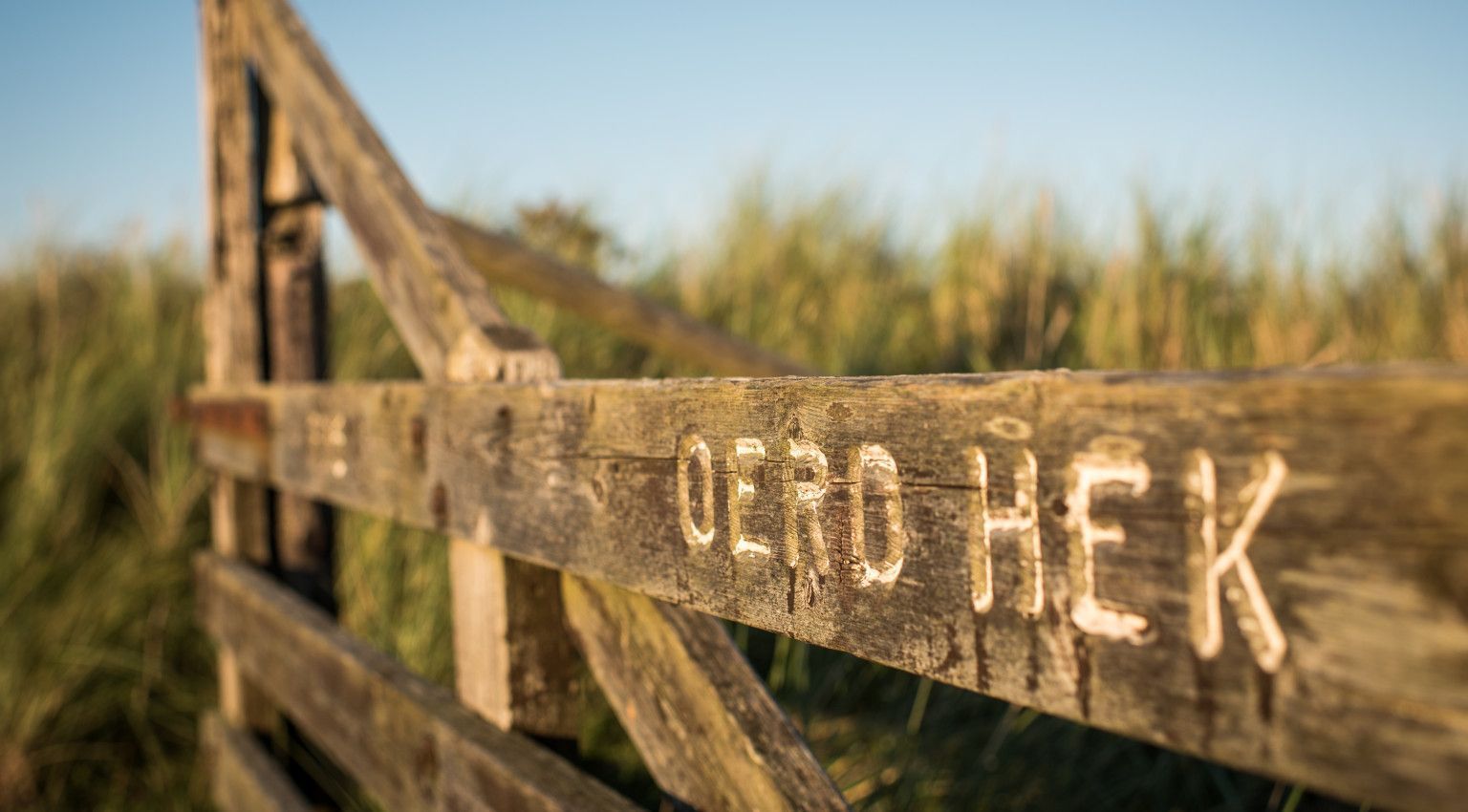
Tip: go to ‘t Oerd!
't Oerd is the extreme tip of the island, an old overgrown dune area with high dunes and dune valleys. A nature reserve rich in many species of birds; you will find the blue and marsh harrier, eider duck, shelduck, curlew, avocet, common tern, wheatear, short-eared owl, black-tailed godwit, sandpiper and many more.
't Oerd is as rugged as it sounds. A nature reserve that is in open connection with the sea, which is why it floods regularly. It is a particularly bird-rich area. More than three thousand pairs of herring gulls nest here. You can also see spoonbills, curlews, wheatears and even the occasional hen harrier.
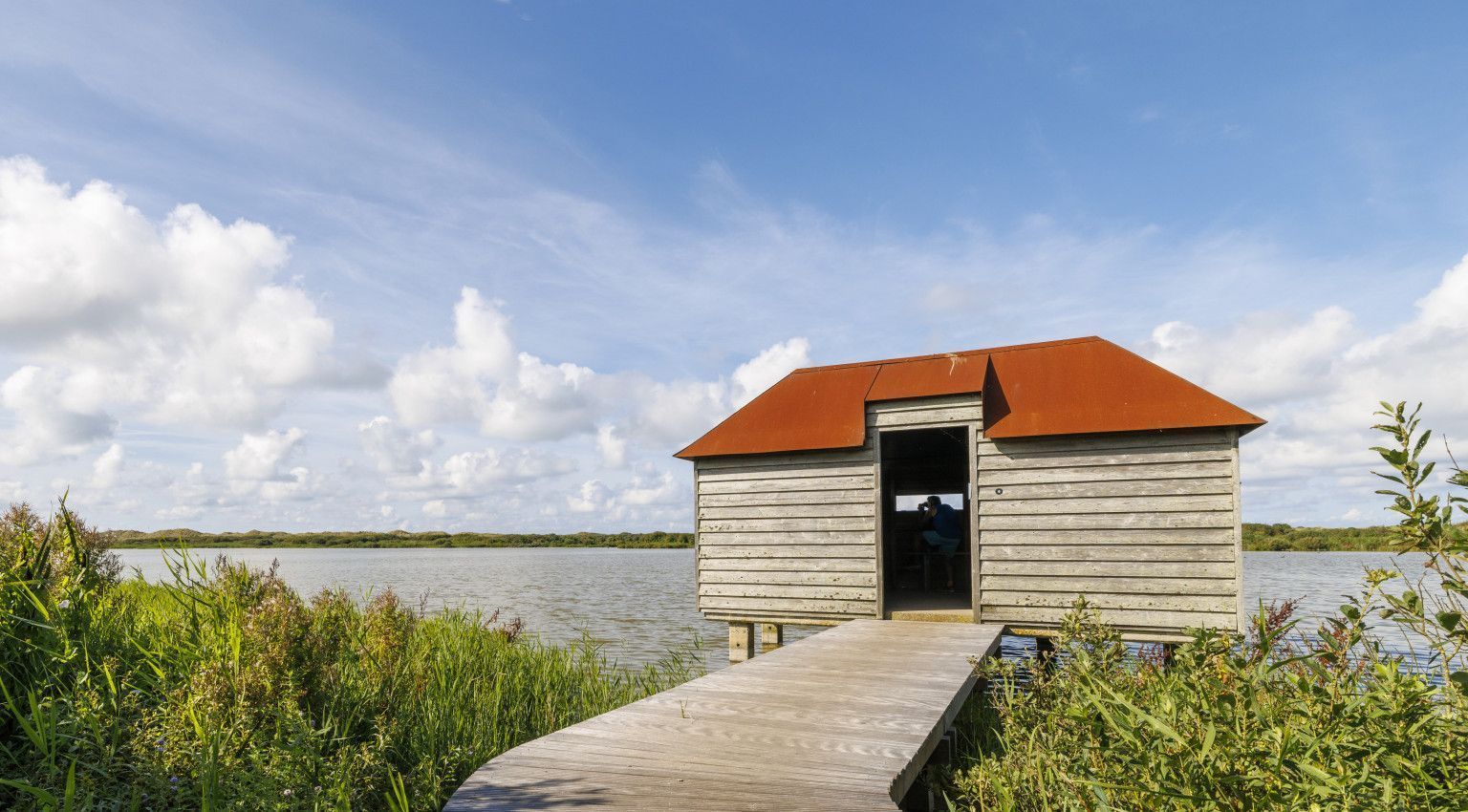
Bird hide Ameland
This bird-watching hut is located on the edge of a dune lake. It is a beautifully varied area. The entrance is already worthwhile, through dunes with grasslands. Also interesting for flora and butterflies. You'll see songbirds, harriers and geese. Some of the beautiful birds you can find here are great crested grebe, cuckoo, lesser black-backed gull, cormorant, marsh harrier, little grebe, smew and water rail.
Location Bird hide - Duinmeer Ameland
The bird hide is located north of the village of Hollum.
Accessibility:
The bird hide can only be reached by bicycle or on foot via the Rietpad. If you travel by car, park it at the end of Jan Roepespad. From here it is about 1.5 km walk to the bird hide.
Please note: due to the water level, the bird hide is not always accessible.
Curious which bird species are observed here? Then take a look here.
Wa(d)t for birds?
Ameland is home to a good number of bird species, from common to unusual, including rare migratory birds. From majestic bald eagles to colourful plovers, each bird contributes to the biodiversity and magic of bird life on the island.
It is important to note that bird populations can vary and depend on the season. During migration periods in spring and autumn, you may be able to observe a wider diversity of birds. Observing these birds in their natural habitat on Ameland offers a wonderful experience for birdwatchers and nature lovers.
Would you like to know which bird species have been observed on Ameland recently? Then be sure to take a look at Waarnemingen.nl!
Figuring out
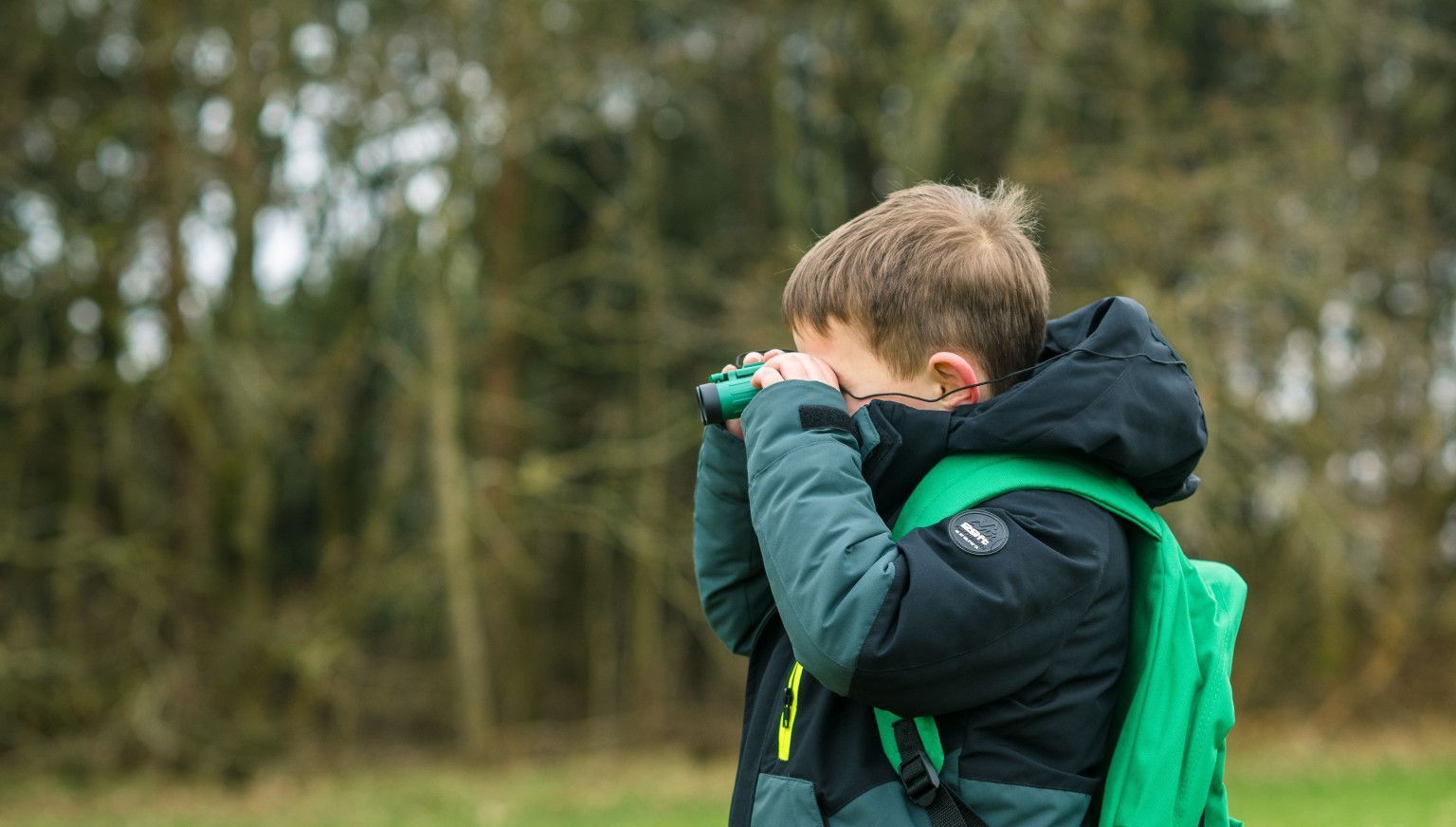
Free app
The Bird Conservancy has launched the free app ‘Wadogels’. This makes it extra fun and easy to recognise the birds in the Wadden area. The app contains a bird guide with 190 bird species, including illustrations, sounds, descriptions and a handy recognition function. A must-have if you go birdwatching on Ameland!
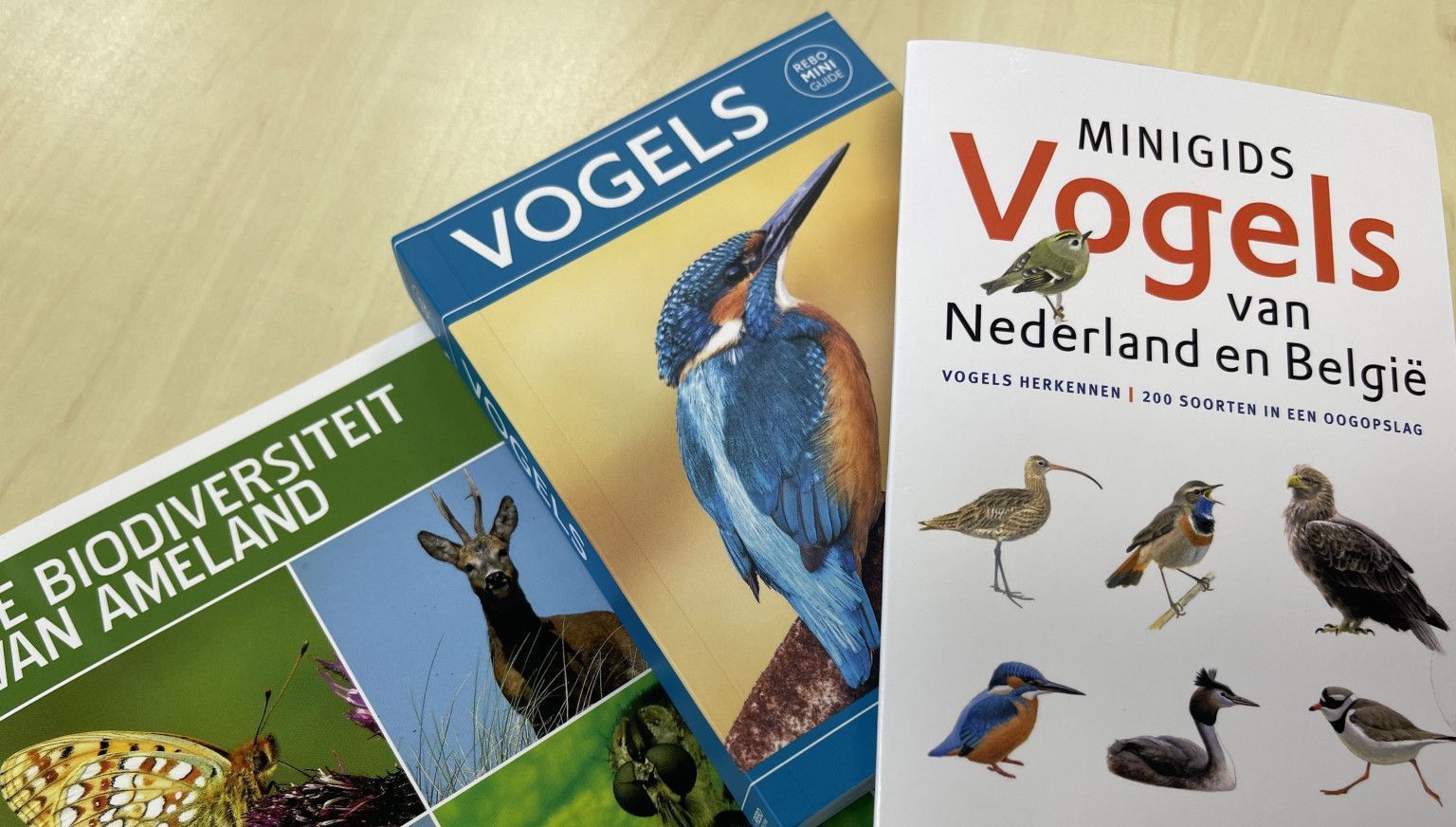
Bird guides
Whether you are an experienced birder or just curious about the feathered friends around you, the bird guides from our online shop provide insight into various species and their habitats. Enrich your bird knowledge with detailed illustrations, fascinating facts and handy tips for observation. Order today and discover the bird world!
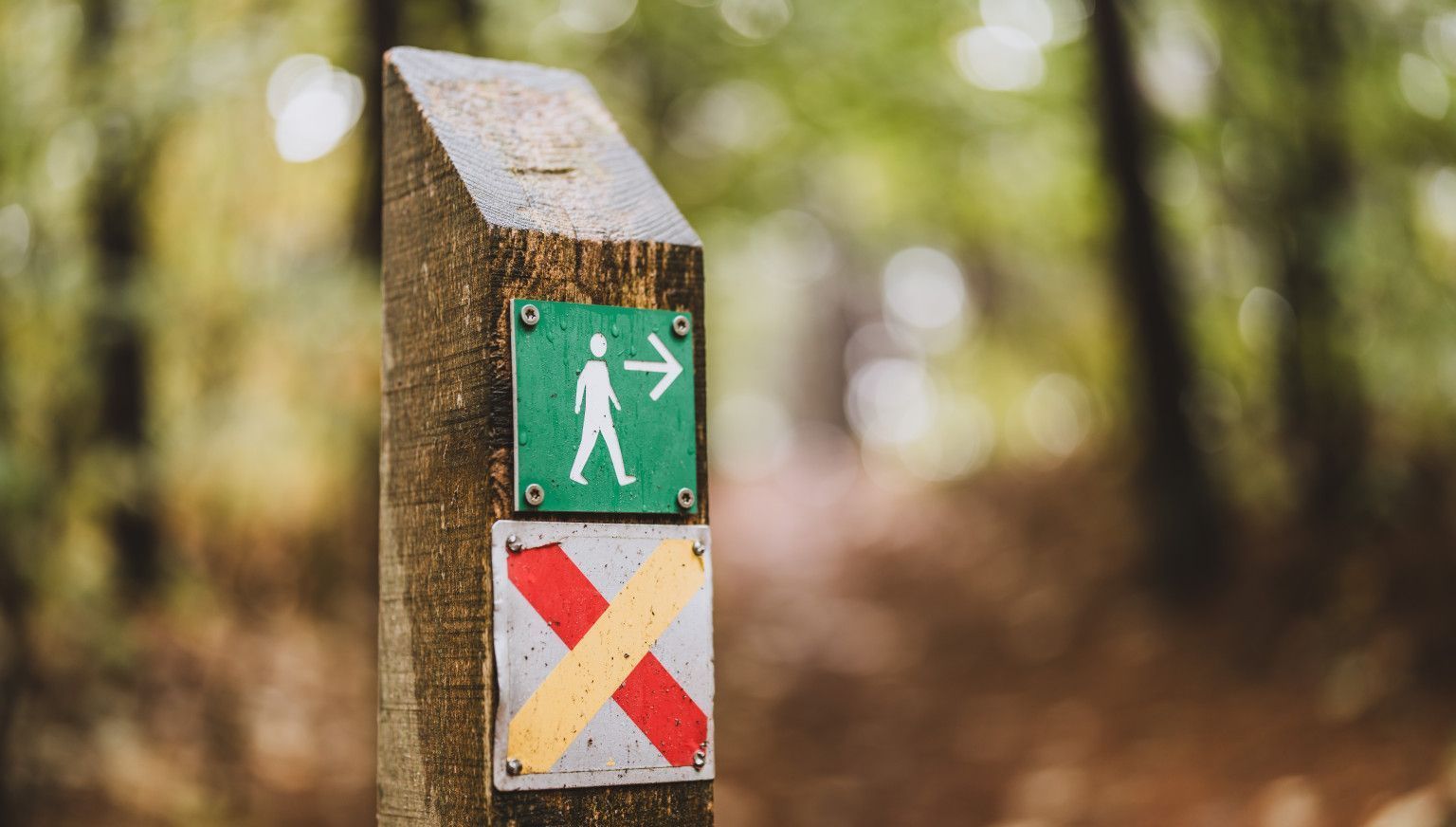
Packages
Ameland, the place-to-be for novice and experienced birdwatchers.
Especially for everyone who wants to discover Ameland and all the birds on Wadden island Ameland, we have put together beautiful packages.
And... don't forget to bring your binoculars on holiday!
Exhibitions
The Nature Centre has no less than two permanent exhibitions focusing on birds:
50 years of Wadog Counts on Ameland.
A unique overview of the numbers and species of shorebirds on the island over the years. Why do some species come to Ameland in summer and others in winter? The island rhythm of ebb and flow plays an important role in this.
Birds of prey and owls on Ameland, top birds of nature
This exhibition focuses on the breeding season. It uses the results of inventories of the whole of Ameland over the past 30 years. Graphs even show the development of the number of breeding pairs on Ameland. The exhibition is based on photos and videos taken on Ameland.
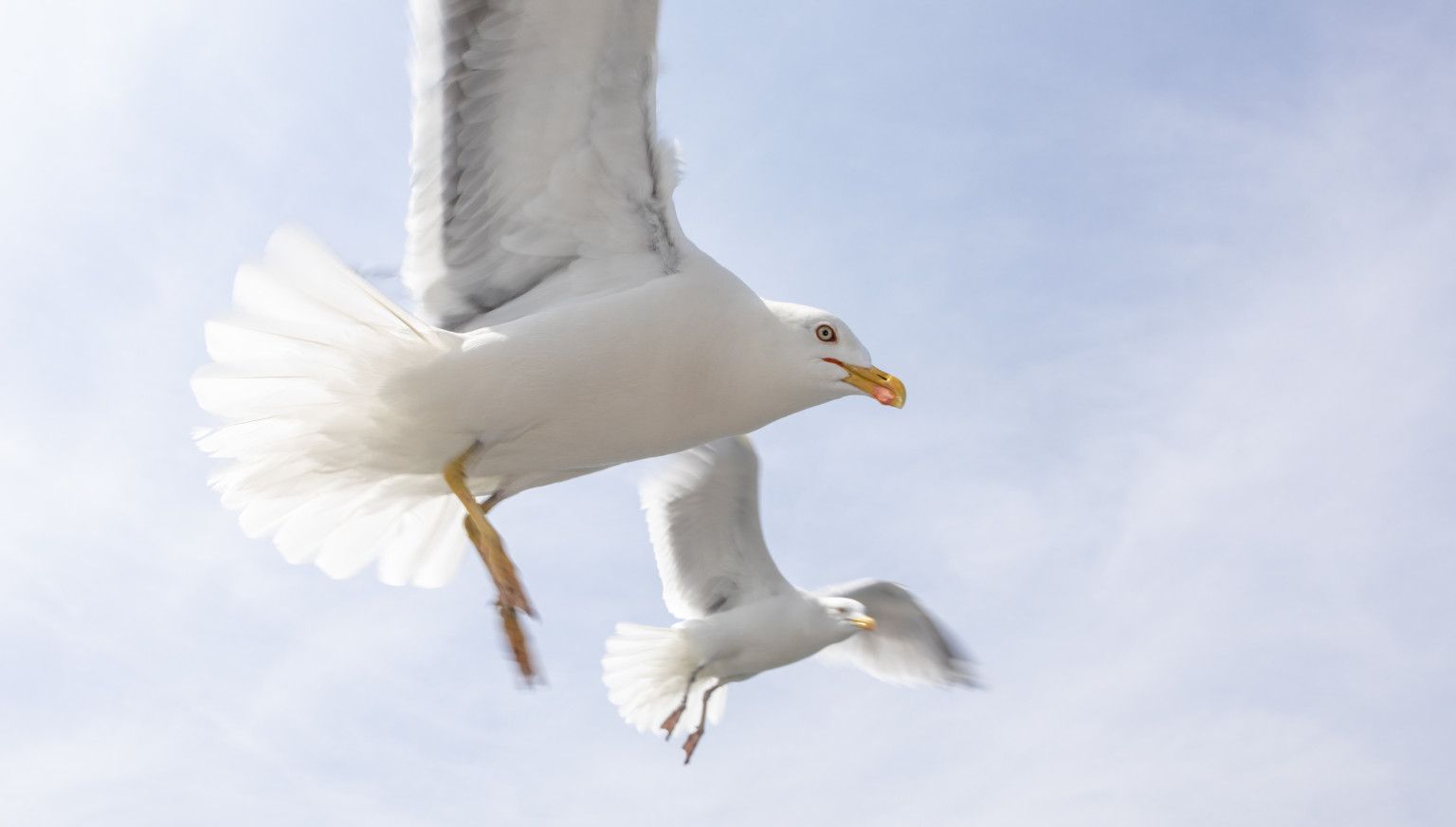
Spending the night in a birdhouse
Want to go to Ameland for bird watching? Then of course it's extra fun to spend the night in a real bird house! In other words: a holiday home, flat, tent, hotel or group accommodation with a bird name! We have listed them for you.
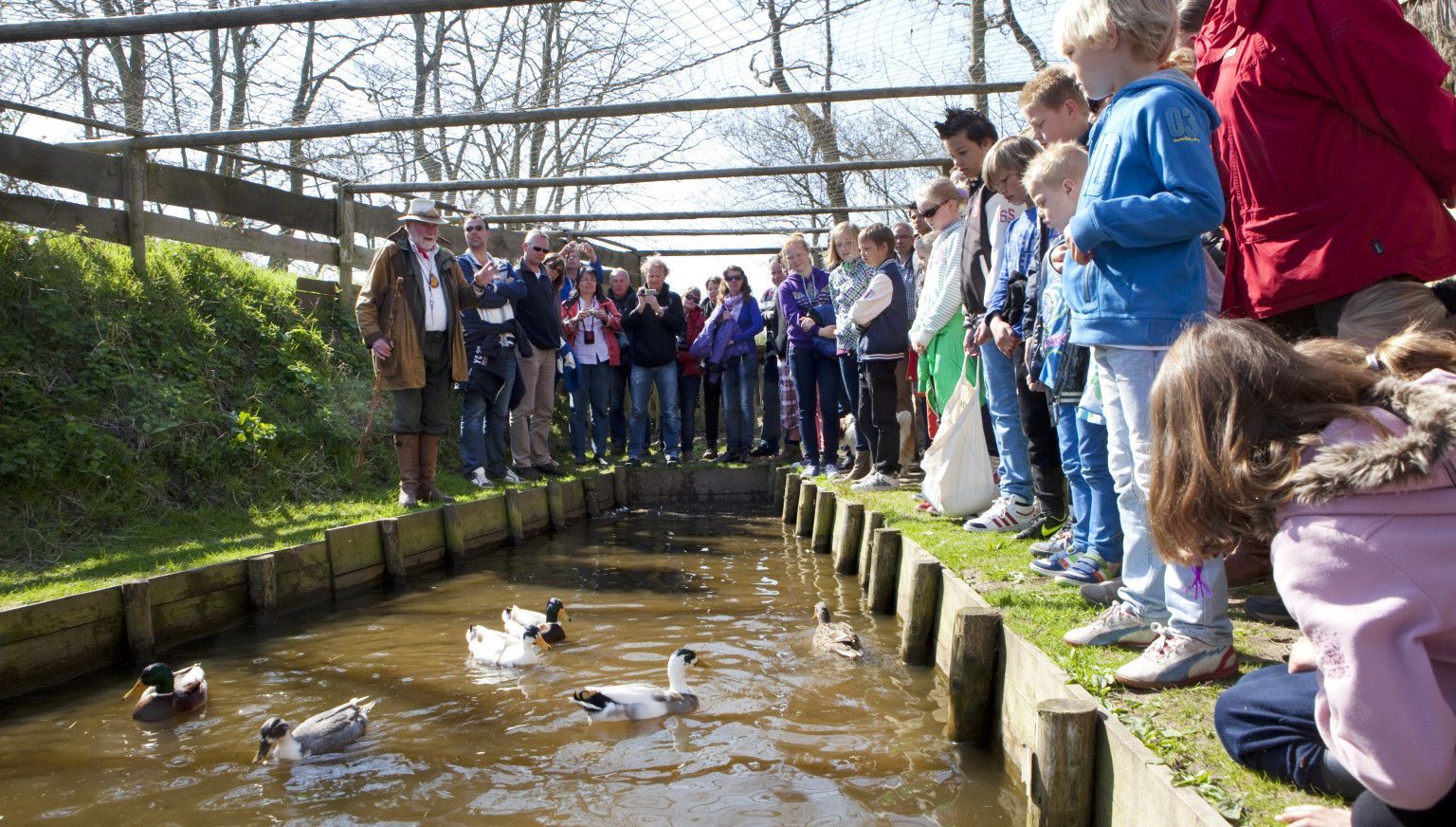
Duck decoy excursion
To the east of Buren lies the Kooiplaats. This place is named after the duck decoy and the Kooihuis in this area. Guided tours are held weekly in this beautiful almost mystical area.
